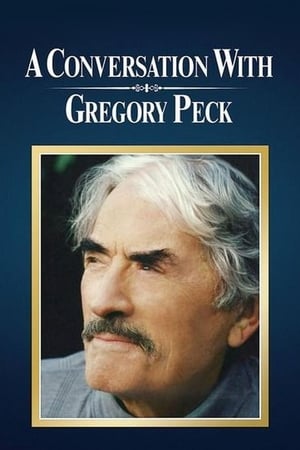

You’ve talked about being selective with your roles, especially as a single mum. You’re gonna get through this.” And I think to myself, “Well, what other choice do I have? What would not getting through this look like?” I think a strong person can be a puddle on the floor. A lot of times people tell me, if I’m going through a tough moment, “You’re so strong.

I don’t think it’s a lie, but it is an armour that we use, right? I think the difference with strength is that it’s doing something, despite it being painful. I liked her because she was strong, not tough. It was something that came naturally to her. I think she was a much more well-rounded character. The character I get the most is that girl with the tough exterior and the mushy interior that we are so surprised was actually hurting all along, and that was not what I read on the page with Melissa at all. What about Melissa? Are there parts of her that you personally connected to? In Girls, you know, that was a character that we – Lena and I – sort of hodge-podged together from different people we knew and various archetypes, me being one of them. Playing yourself is a very hard thing to do ’cause you’re still having to act, and in a way it's even more challenging than playing someone else because you have to stay as authentic as possible to yourself while saying scripted answers that maybe you wouldn’t say. Another thing that always comes up is this idea of you playing yourself. Authentic just means uninfluenced, right? I just wanted to get it out there: I’m not a wild child. I think authentic’s a word that people use a lot when they talk about me, and I think what they mean is something like enigmatic or wild or intense, and I don’t think that’s what authentic means to me. There’s an enjoyment to it, for sure, but once you’re on the eighth interview of the day, I get frustrated with myself, like, “Oh, I’m just rattling off stock answers now,” so I try not to do that. I mean, no one enjoys every moment of a press junket.

Well, I think everyone does and if they don’t, they’re lying. Kirke captures the nuances of Melissa – a woman that her new, younger friends in turn lust after, fear and aspire to be.īy Hayley Maitland How are you? You’re in the position of having to talk a lot about this very anticipated show, and it seems like both you and Joe Alwyn have complex feelings about this process. Readers are often persnickety about how the screen adaptations of their favourite books are cast, but as a lover of Conversations with Friends before the show, I found Kirke to be perfectly cast, showcasing a pendulum-swing of emotions – confidence, defiance, manipulation, empathy – as the couple becomes entangled in a love quadrangle with Frances and Bobbi. Instead, Kirke steps capably into the role of Melissa, an accomplished writer and the self-possessed wife of Nick (Joe Alwyn), an actor. That domain is left to Frances ( Alison Oliver, in the breakout, Paul Mescal-esque role) and her magnanimous best friend/ex-girlfriend Bobbi (Sasha Lane). Jemima Kirke may forever be known for her star-making turn as the extremely boho Jessa on Girls, but in the new adaptation of Sally Rooney’s first novel, Conversations with Friends, Kirke has evolved past the role of the young woman finding herself.


 0 kommentar(er)
0 kommentar(er)
